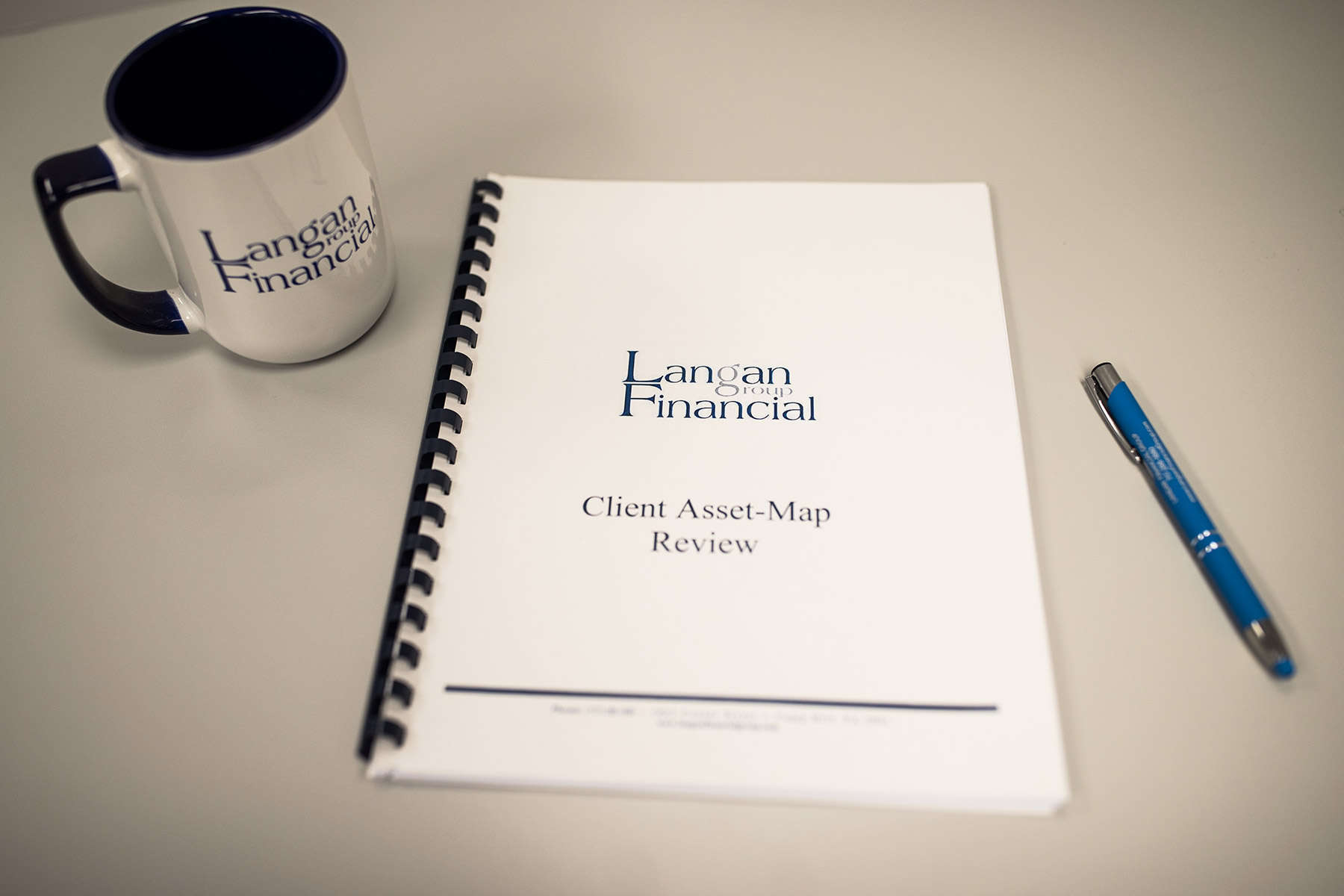
Navigating finances as a couple can be both exciting and challenging. Whether you’re newly married, cohabitating, or in a long-term relationship, aligning your financial goals and habits is crucial for building a strong foundation.
Here are seven tips to help merge your finances while avoiding common pitfalls.
1. Have the Money Conversation
Open communication is the cornerstone of financial harmony. Discuss your income, debts, spending habits, and financial goals early in the relationship to establish transparency and trust.
Address emotional aspects of money, such as how your upbringing influences your financial behavior. Understanding each other’s perspectives can prevent misunderstandings.
2. Choose a Financial Approach
Couples typically manage finances in one of three ways:
- Joint Accounts: Combine all income and expenses into shared accounts for simplicity and transparency.
- Separate Accounts: Maintain individual accounts while splitting shared expenses proportionately or equally.
- Hybrid Approach: Use a joint account for shared expenses (e.g., rent, groceries) while keeping individual accounts for personal spending.
3. Set Shared Financial Goals
Define short-term and long-term goals together. Aligning on priorities fosters teamwork and motivation.
4. Create a Budget
Develop a spending plan that outlines income, expenses, savings, and discretionary funds. Allocate funds for essentials first (e.g., housing, utilities), then for joint goals and personal spending.
Tracking expenses together ensures accountability and reduces conflicts over money.
5. Divide Responsibilities
Assign financial tasks based on each partner’s strengths. For example, one person might handle budgeting while the other manages investments.
6. Build an Emergency Fund
Establish an emergency fund with three to six months’ worth of living expenses to handle unexpected situations without straining your relationship.
7. Plan for the Future
Discuss major life events like buying property, raising children, or retirement.

Five Common Pitfalls to Avoid
1. Avoiding Money Conversations
Many couples avoid discussing finances due to discomfort, but this often leads to bigger issues down the road. Schedule regular check-ins to stay aligned on financial matters.
2. Financial Infidelity
Hiding debts or secret spending can erode trust quickly. Be honest about your financial situation from the start.
3. Ignoring Income Disparities
Splitting expenses equally when incomes differ significantly can cause resentment. Instead, consider proportional contributions based on each partner’s earnings.
4. Failing to Plan Jointly
Operating without shared goals or plans can result in misaligned priorities. Ensure both partners are involved in decision-making processes.
5. Overcomplicating Finances
Managing too many accounts or failing to streamline responsibilities can lead to confusion. Simplify where possible while maintaining clarity.
How Couples Can Communicate About Financials
Effective financial planning as a couple requires open communication, mutual respect, and shared commitment.
By setting clear goals, choosing the right financial approach, and avoiding common pitfalls, couples can build a strong financial partnership that supports their relationship and future aspirations.
If you need guidance, you can always reach out to a financial planning professional to help answer questions, provide education and guide your choices.
About the Financial Planning Author

Alexander Langan, J.D, CFBS, serves as the Chief Investment Officer at Langan Financial Group. In this role, he manages investment portfolios, acts as a fiduciary for group retirement plans, and consults with clients regarding their financial goals, risk tolerance, and asset allocation.
With a focus on ERISA Law, Alex graduated cum laude from Widener Commonwealth Law School. He then clerked for the Supreme Court of Pennsylvania and worked in the Legal Office of the Pennsylvania Office of the Budget, where he assisted in directing and advising policy determinations on state and federal tax, administrative law, and contractual issues.
Alex is also passionate about giving back to the community, and has participated in The Foundation of Enhancing Communities’ Emerging Philanthropist Program, volunteers at his church, and serves as a board member of Samara: The Center of Individual & Family Growth. Outside of work and volunteering, Alex enjoys his time with his wife Sarah, and their three children, Rory, Patrick, and Ava.
About Langan Financial Group: Financial Advisors
Langan Financial Group is an award-winning financial planning firm with offices in York, Pennsylvania and Harrisburg, Pa.
With over 100+ 5-star reviews, Langan Financial Group is an independent financial planning firm established in 1985, offering a broad range of financial planning services.
With an open architecture platform, our advisors have access to a diverse range of products, free from any sales quotas.
Our team of 9 financial experts, each with unique specialties, enhances our ability to focus on delivering value to our clients.
Disclosure
The content is developed from sources believed to be providing accurate information. The information in this material is not intended as tax or legal advice.
Please consult legal or tax professionals for specific information regarding your individual situation.
The opinions expressed and material provided are for general information, and should not be considered a solicitation for the purchase or sale of any security.
Securities offered through Cambridge Investment Research, Inc., a Broker/Dealer, Member FINRA/SIPC.
Investment Advisor Representative, Cambridge Investment Research Advisors, Inc. a Registered Investment Advisor. Cambridge and Langan Financial Group, LLC are not affiliated.
Cambridge does not offer tax or legal advice.




